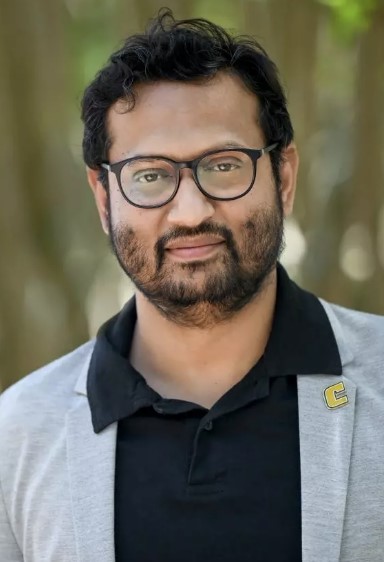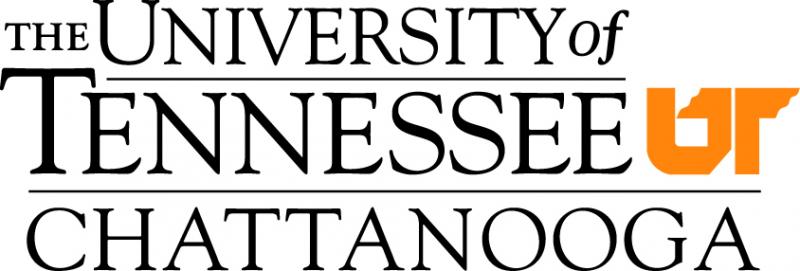 Rick Mukherjee PhD RICK MUKHERJEE PhD, most recently a scientist in the Department of Physics of the University of Hamburg, Germany, is scheduled in September to pick up his duties as professor and director of the Quantum Center that is expected to emerge from the evolving Quantum Initiative of the Research Institute of the University of Tennessee at Chattanooga.
With Mukherjee at the helm, the Quantum Center promises to reinforce the university's role among allies within the city's Quantum-forward ecosystem, which also includes:
- Chattanooga Quantum Collaborative, led by former U.S. Sen. Bob Corker and former Launch Tennessee CEO Charlie Brock, and sponsor of the city's World Quantum Day observances.
- The Company Lab (CoLab), which is led by CEO Tasia Malakasis and includes on its "Co.Mobility" agenda the movement of Energy and Data, as well as People and Goods.
- Electric Power Board of Chattanooga, EPB, which in January announced extension of its long-running research collaboration with Oak Ridge National Laboratory, close on the heels of its 2023 debut of a commercial Quantum Network for developers. EPB, led by CEO David Wade and EVP Greg Eaves, had previously galvanized the city's economic developers and entrepreneurs when, in 2010, it became the first provider in the U.S. to deliver up to 1Gig internet via a community-wide fiber optic network, upping the ante to 10Gig internet service in 2015.
 |
VNC research shows that at the time UTC's formal Quantum leadership search began last autumn, Mukherjee, himself, was a member of a research team awaiting publication of their suggestions for fresh consideration of approaches to researching certain quantum phenomena, within the context of many-body physics.
A UTC spokesperson yesterday confirmed for VNC that Mukherjee had most recently been leading "a group of researchers from multiple institutions in a project funded by the German Ministry for Education and Research. That project's overall goal is to build a quantum computer specifically to solve complex optimization problems. Mukherjee's team is developing algorithms that make optimal use of this computer."
Mukherjee's doctoral work was based at Germany's Dresden University of Technology and within the Max Planck Institute for the Physics of Complex Systems, also in Dresden.
He also earned Master's Degrees in physics at Jacobs University Bremen (since renamed Constructor University, CU Bremen) and in theoretical and mathematical physics at University of Cambridge.
His bachelor's in physics was earned at St. Xavier's College, Mumbai. His academic career has thus far also included work at Imperial College London; the Indian Institute of Science, Education and Research Bhopal (IISER Bhopal), Rice University, and Harvard University.
The UTC Research Institute's focus areas include not only quantum technologies, but also on mobility and transportation, and applied computational science and engineering.
The Research Institute's programs and facilities include an operational Quantum Network Node, Urban Connected and Automated testbeds, the Interdisciplinary Geospatial Technology Lab (IGTLab) and the Center for Urban Informatics & Progress (CUIP).
In August 2023, as VNC previously reported, UTC began recruiting the Center's lead scholar and administrator, while simultaneously scouting for other talent to carry forward the Quantum Initiative vision. The position was originally posted with the title, "Professor and Director of Quantum Initiative, Quantum Information Science and Engineering."
"Quantum," per se, did not appear, circa 2020, when the initial version of UTC's strategic plan for 2021-2025 was finalized, although that version of the plan was followed by more granular planning, in which research, technology, grantsmanship and other targets were focuses of deeper planning.
Mukherjee's LinkedIn profile. His Google.Scholar citations. VNC
. last edited 29 April 1039 CDST US - Photo updated 7 Dec 24 1028 CDST
|